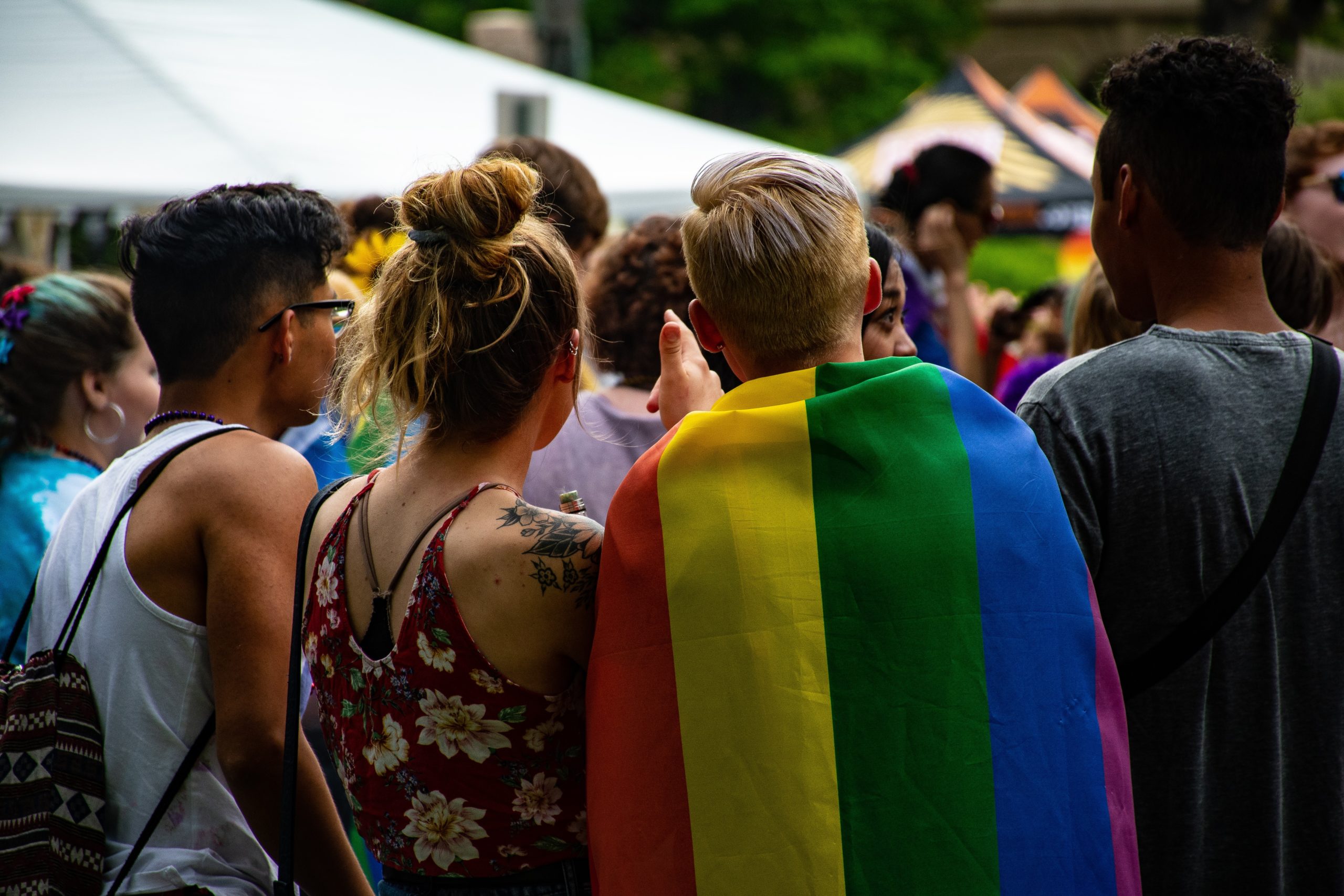When Emily (not her real name) first came to North Shore Child & Family Guidance Center, she was experiencing anxiety and depression that was largely caused by her fear of coming out to her family.
Her fears weren’t unfounded. “Her parents were very disapproving and would not accept their daughter’s bisexuality,” explains Elissa Smilowitz, LCSWR and Coordinator of Triage & Emergency Services at the Guidance Center. “It was devastating to Emily, as it is to any youth who experiences that kind of rejection.”
Emily and her parents had individual and family counseling at the Guidance Center, and, though it took some time, her parents came to understand that their daughter needed their love and support, not their condemnation. Their relationship is now solid, and Emily knows she can be herself with her family without risking judgment.
According to Smilowitz, the Guidance Center has seen a significant increase of young people who either identify as LGBTQ or who are questioning their sexuality.
“Kids who are 12 or 13 are at a time in their lives when they are discovering who they are, and for some, that brings up issues surrounding their sexual preferences,” she says. “They are discovering who they are in so many ways.”
While it’s a normal phase, some parents have a very hard time with it, but if they act upset or angry, it can be very detrimental to their children’s mental health, she says. Rejection leads to serious issues such as depression, anxiety, substance abuse and even suicidal thinking or actions.
The best response to this questioning phase is clear: Express unconditional love and acceptance. “Whether or not an adolescent ends up identify as LGBTQ or not doesn’t change the fact that parents need to be calm and supportive,” says Smilowitz. “Tell them you will love them the same no matter what.”For help with these and other issues, contact the Guidance Center at (516) 626-1971. Another great resource on Long Island is The LGBT Network, an association of non-profit organizations working to serve the LGBT community of Long Island and Queens throughout their lifespan. It includes a group specifically for young people, called the Long Island Gay and Lesbian Youth (LIGALY).
According to the Human Rights Campaign’s report, Growing Up LGBT in America, a survey of more than 10,000 LGBT-identified youth ages 13-17:
- 4 in 10 say the community in which they live is not accepting of LGBT people.
- They are twice as likely as their peers to say they have been physically assaulted, kicked or shoved.
- 26% say their biggest problems are not feeling accepted by their family; trouble at school/bullying; and fear to be out/open.
- Over one-half (54%) say they have been verbally harassed and called names involving anti-gay slurs.
- Among non-LGBT youth, 67% report being happy while only 37% of LGBT youth say they are happy.
- LGBT youth are more than twice as likely as non-LGBT youth to experiment with alcohol and drugs.
- 92% say they hear negative messages about being LGBT. The top sources are school, the Internet and their peers.
Sources:














